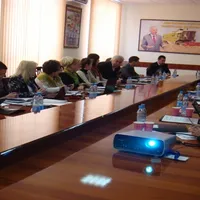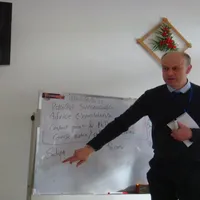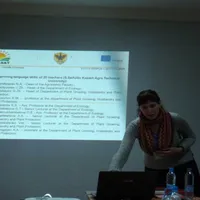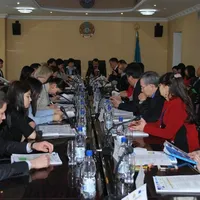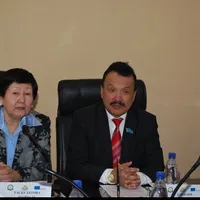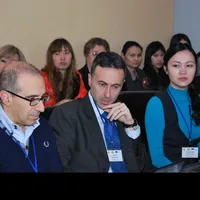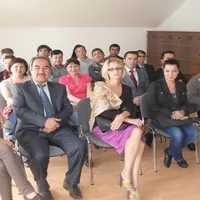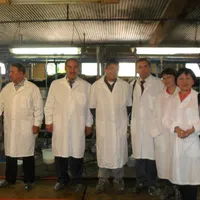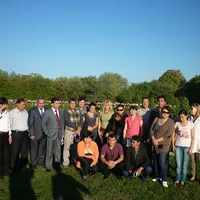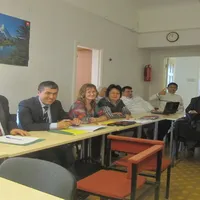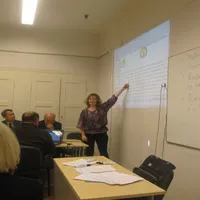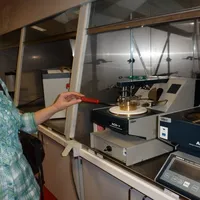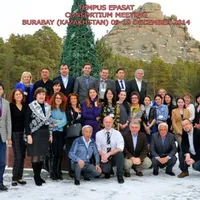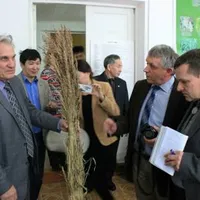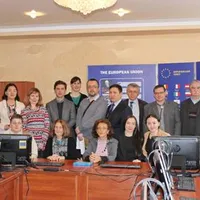EPASAT

"EPASAT : Protecting the environment through the development and application of sustainable agricultural technologies".
Registration number - 517313-1-2011-1-ITTEMPUS-JPCR
Grant coordinator: Sh. Ualikhanov Kokshetau University
Project duration: 3 years
Grant Recipient: University of L'Aquila (Italy)
The overall objective of the project
to create in the Central Asian countries (Kazakhstan, Kyrgyzstan, Uzbekistan, Tajikistan) a three-tiered advanced integrated system - Bachelor-Master-Doctorate PhD - in environmentally friendly agricultural technologies based on a specially developed methodology in line with European best practice. The reason for choosing this topic for the proposed project is the territorial characteristic of Central Asia (CA), the rapid societal changes taking place in line with the broad democratisation of institutions, the lack of entrepreneurial skills in farming, market globalisation, improved quality of life in rural areas, and at the same time the preservation of soil, traditional cultivation and local characteristics.
In order to respond to these constraints and needs, the project will aim at implementing the Bologna Process in the selected area by reforming curricula in the three fields of specialisation at undergraduate level (agroecology, agricultural technology and engineering) and creating curricula at graduate level in agroecology; by implementing several interlinked actions aimed at changing knowledge, behaviour and mentality of teachers, students and staff as well as the situation of :
- review and reform of existing curricula in accordance with the European Credit Transfer and Accumulation System (ECTS)
- Development of 5 new courses and updating of the existing 5 courses
- Preparation of course materials in Russian/English
- Upgrading the qualifications of 60 teachers by organising internships in European partner universities
- Improvement of language skills of 120 teachers
- Language courses for 500 students and short-term internships for 40 students in EU countries
- Enrolment of 400 undergraduate and 100 postgraduate students on new courses in the second year
- Establishment of 4 doctoral (PhD) schools in the selected fields
- Development of measures for the recognition of joint MA and doctoral degrees between EU and CA
- Development of appropriate quality assurance (QA) strategies and procedures in line with the European QA System (EQS)
- Targeted dissemination activities to involve management representatives (decision-makers) and the public in project activities.
Grantee: University of L'Aquila (Italy)
Partners: Coordinators and partners from European countries: Italy, Portugal, Poland, Estonia, Hungary, as well as partners from Central Asian countries: Kazakhstan, Uzbekistan, Kyrgyzstan and Tajikistan.
